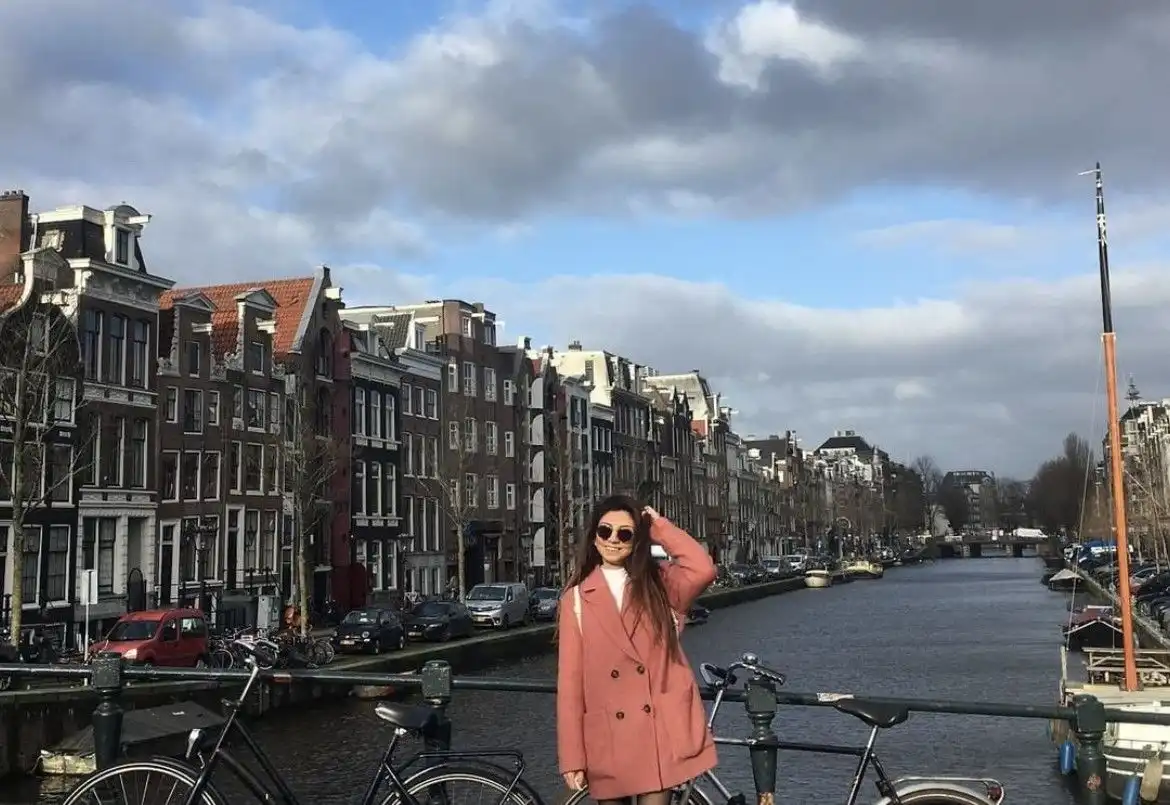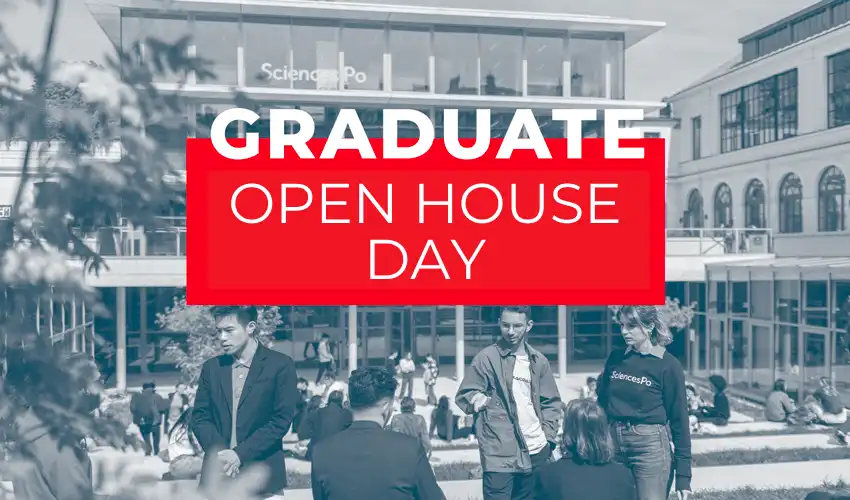Home>Student profile : Berfin Semo
22.04.2024
Student profile : Berfin Semo

Can you tell us about your journey before coming to Europe?
I'm of Kurdish origin, born in Afrin, a town in the heart of the Rojava mountains in northern Syria. My academic career began when I obtained my scientific BAC. I then went on to study at the Faculty of Architecture and Engineering in Aleppo for a year and a half, but my studies were interrupted by the civil war in Syria. Forced to leave the country in May 2016, I traveled to Istanbul, where I acquired new skills during a four-month internship with an architecture firm.
I arrived in France in January 2017 as a refugee, and began my course at the École Nationale Supérieure d'Architecture de Paris-Malaquais, initially as a free auditor, then as a formal student from the 2017-2018 academic year. I completed my degree in six years.
During my master's degree, I took the opportunity to do a gap year, during which I did two one-year internships in two architecture and urban planning agencies. These work experiences enabled me to acquire practical expertise and develop my skills. This has also enabled me to broaden my interest in the fields of urban planning and ecological issues.
Why did you choose the Master GETEC?
My department of architecture studies, as part of the master's programme, focused on ecological transitions, during which I carried out a project that stood out for me and is very close to my heart. My final Master's project concerned the rehabilitation of a ruined Alpine infrastructure, transformed into a cancer convalescence centre in Saint Honoré 1500.
Rehabilitation, health, architecture and landscape are the fruit of this reflection on the ecological transition. This immersion opened the door to a more global vision, extending my field of interest from the architectural scale to the wider scale of urban and regional planning. Environmental issues, particularly those relating to climate change, as well as questions of governance and public policy, have fuelled my quest for understanding and action. It was with this in mind that I decided to join Sciences Po Paris's Urban School, as part of the GETEC master's programme, in order to deepen my knowledge about these crusial issues.
My final year project: « Un paysage qui répare, Saint Honoré 1500 ».
How your studies in architecture contribute to your understanding and engagement in ecological transitions?
My studies in architecture stand as a pivotal force in navigating the complexities of ecological transitions. At its core, sustainable design principles form the bedrock of architectural practice, creating buildings that minimize energy consumption, reduce waste, and mitigate environmental impacts, making them more responsible and resilient on different scales in the city (buildings, neighborhoods…).
Also, by fostering connections between humans and the natural world through the built environment. By incorporating elements such as natural light, greenery, and water features into the designs, in order to create spaces that promote health, well-being, and ecological harmony. And adept at conducting comprehensive environmental impact assessments, evaluating the life cycle impacts of their designs, and identifying opportunities for improvement.
By embracing concepts such as embodied carbon analysis and life cycle assessment, so we can make informed decisions that prioritize environmental sustainability throughout the design process.
In addition, “breathing new life” into existing structures while minimizing the environmental footprint of new development like I did for my final year project. By repurposing existing buildings and preserving cultural heritage, and contributing to the conservation of resources, the reduction of waste, energy, and CO2 emissions. This commitment to sustainable practices extends beyond the confines of individual projects to encompass broader considerations of ecological resilience and planetary health.
What are your career goals? Do you already have an idea about your internship?
I'm aiming for a career in the public sector, with the long-term goal of passing the public competition to become a State Architect and Town Planner. For my internship, I'd like to work either for the Ministry of Ecological Transition or another minister or for Paris City Hall, combining the fields of architecture and urban planning.
Can you share a particular experience or project that has inspired you in your academic or professional journey so far?
The study trips I undertook during my university studies in architecture were plentiful. I visited many cities and, through studio projects and other courses over the years, I explored new horizons and cultures. Each trip & each meeting fueled my curiosity and provided valuable insights into the diverse perspectives and challenges in architecture, infrastructure, governance, and urban planning that cities encounter across various scales, encompassing environmental, social, and economic issues. Notably, a study trip to Brussels during the first year of my master's in architecture heightened my interest in pursuing a second master's degree focusing on urban planning and governance.
Virtual Graduate Open House day, October 2025

On 18 October 2025: meet faculty members, students and representatives and learn more about our 30 Master's programmes.